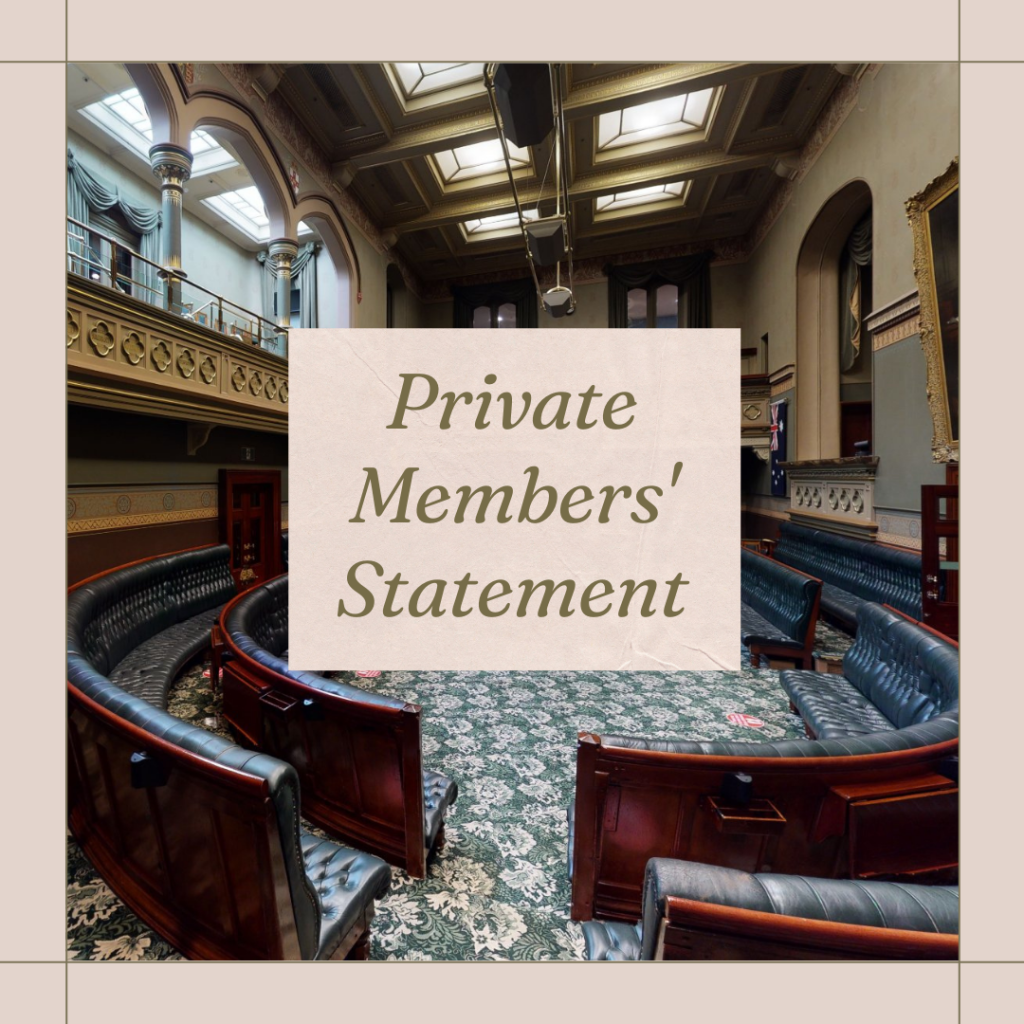Mr CLAYTON BARR (Cessnock) (22:04): For the past 11½ years I have had the great privilege of representing the community of Cessnock. I have to admit, in the early years I had the good fortune of not having too much trouble and strife with the emergency departments that belonged to Cessnock Hospital and Kurri Kurri Hospital, which are both in the electorate of Cessnock, and in neighbouring Maitland Hospital across the border, where people from Cessnock with more complicated needs tend to present. They also present at John Hunter Hospital. The truth is that in recent years the frequency and number of people who have had reason to contact my office has grown astronomically. People who I might have heard from every third week, every month or every six weeks I now hear from literally on a daily basis—sometimes two or three times a day—to say that they have been completely inadequately served by our hospitals.
This stems from something we all know as an efficiency dividend, ironically named as it is. An efficiency dividend is fundamentally a budget cut. In the 2011 budget, under then Treasurer Mike Baird, a decision was made that would impose an efficiency dividend on every government department. For example, if the Health budget grew at 7 per cent, meaning a 7 per cent increase was needed just to keep up with inflation, only a 5.5 per cent increase was actually received. That meant that in real terms the budget was going backwards. In 2014, 2015 and 2016 the Productivity Commission fundamentally agreed with this when it said that at the very least the Health budget needed to increase by 6.5 per cent.
However, at that time the Government was only increasing the Health budget by 5.1 per cent. Since then the increase in the Health budget from this Government has continued to deteriorate to the point where it increases by 4 per cent each year despite the fact that just to keep up with the consumer price index it needs to increase by somewhere between 6.5 per cent and 7 per cent. Essentially, for almost the past 12 years the Health budget has gone backwards in real terms by somewhere between 1.5 per cent to 3 per cent. Let us average it out and say 2 per cent. Today the Health budget is around 20 per cent below where it should be, where it could be and where it was when Labor was last in government in 2010.
Mr Kevin Conolly: Now he’s gone and stooped too far.
Ms Gabrielle Upton: Tell the House another little—
Mr Kevin Anderson: Clayton dementia.
Mr CLAYTON BARR: If members on the other side do not understand basic economics, inflation and numbers, they should cease interjecting. These are the real terms, aspects and outcomes of what is happening under what the Government calls “efficiency dividends”. To put it into very real terms that Government members might be able to grasp, in the first four years of its efficiency dividends the budget realised $8.8 billion in what were called “efficiency dividend savings”. Guess what cost $8.8 billion to build? The north‑west rail line in Sydney came at the cost of public services for people in communities not only in the area that benefited from the new infrastructure but also for those in Narrabri, Cessnock, Broken Hill and Bega. They all paid for those new pieces of infrastructure. It continues today; that was just the first example.
When people come into my office who are concerned, frustrated and unhealthy as a result of the budget cuts—or “efficiency dividends”—that have been imposed on Health across New South Wales, I remind them that the new train line in north-west Sydney is a consequence of their deteriorating health outcomes. I remind them that the stadiums in Sydney are at the expense of their deteriorating health outcomes. I remind them that a new tunnel or new tram line in Sydney is the price they have to pay so that shiny new stuff in Sydney can be provided for the people in Sydney at the cost of their health outcomes and consequences. That is what the efficiency dividend has led to. It is not just in health; it is in police, education and government services right across the board. An efficiency dividend is a budget cut in real terms. The crisis in our health system today is a consequence of that, and this Government is responsible for it.
